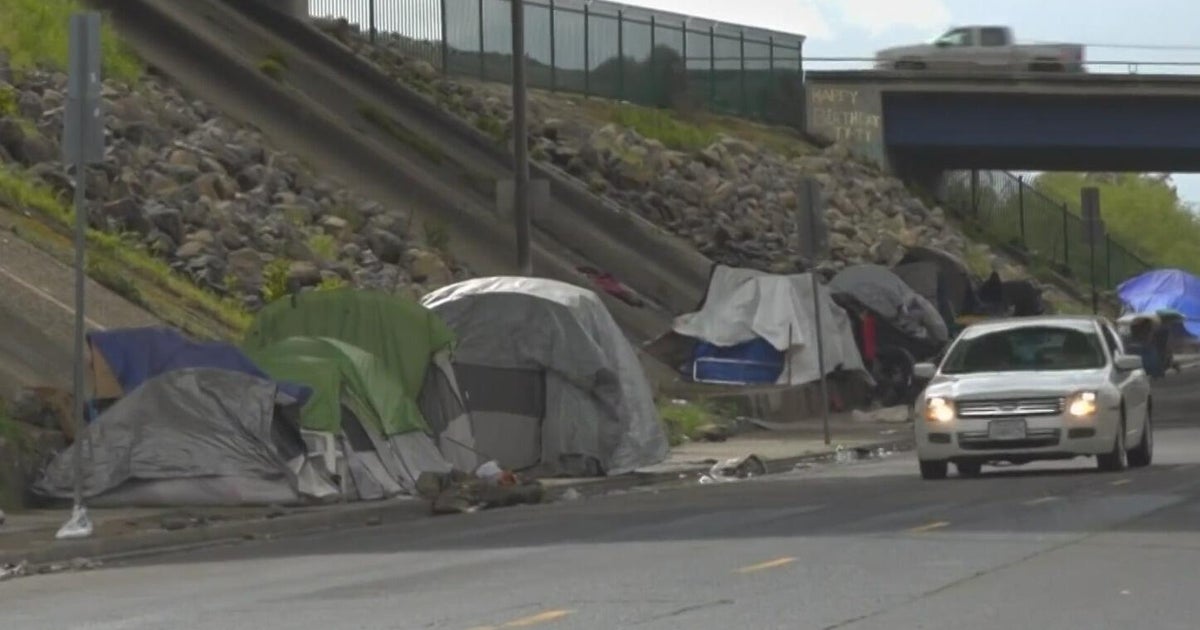Home / Health / New Grant Brings Street Medicine to Vulnerable Californians
New Grant Brings Street Medicine to Vulnerable Californians
27 Nov, 2025
Summary
- A $3 million grant aims to embed street medicine training into residency programs.
- The initiative focuses on expanding healthcare access for homeless and vulnerable populations.
- Future doctors will learn to navigate complex needs and systems for underserved individuals.

A new $3 million grant is set to significantly enhance healthcare accessibility for vulnerable groups across Northern California, with a special focus on the homeless population. The funding will establish a comprehensive street medicine training program, embedding it directly within residency curricula at multiple hospitals.
This initiative is designed to train future physicians in the unique challenges of street medicine, addressing the needs of individuals who are unhoused, unstably housed, or face significant barriers to traditional healthcare. The program will prioritize cultural competency and building trust with diverse patient populations.
The project, spanning five years, aims to start rotations by the end of next year. By equipping doctors with the skills to provide care in non-traditional settings and guide patients through complex social and medical systems, the initiative seeks to bridge critical gaps in health service delivery for those most in need.




